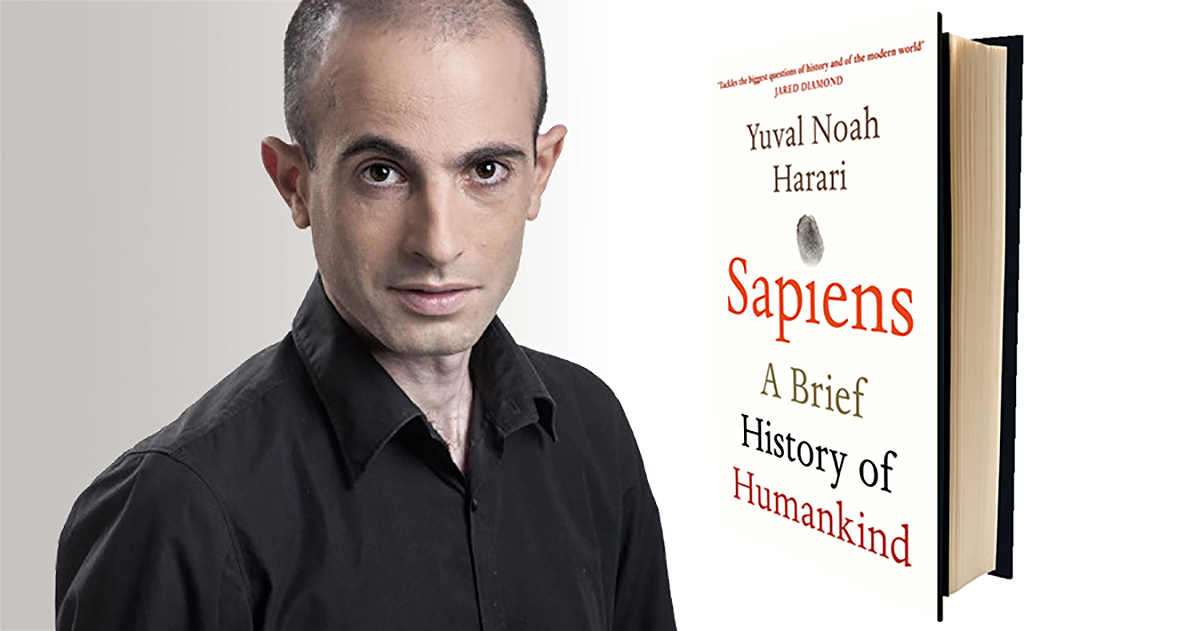
The story in which you believe shapes the society that you create. It’s the primacy of fictions, that to understand the world you need to take stories seriously. So maybe I’ve reached people because I’ve come from the perspective of history and philosophy and not biology or economics. Now you really need to answer crucial philosophical questions about what humanity is or the nature of the good in order to decide what to do with, for example, new biotechnologies. Previously philosophy was a kind of luxury: You can indulge in it or not.

Many of the philosophical questions that have bothered humanity for thousands of years are now becoming practical. But the humanities’ perspective is essential. In recent decades the humanities kind of gave up, and it became almost taboo to try to create grand narratives. So what do you think it is about how you convey them that’s been so compelling? One hypothesis is that I’m coming from the discipline of history, and many of the recent attempts to create this kind of big synthesis were from biology and evolution or from economics and social sciences. Some of the big ideas about humanity that you’ve helped popularize - that fictions or social constructs have political power or that Homo sapiens might be moving toward technologically driven obsolescence - have been around in various forms since way before you wrote about them.


“Once the books are out, the ideas are out of your hands,” he says. “The general misunderstandings of me,” says Harari, 45, co-author of the recently published “Sapiens: A Graphic History, Volume 2” (the latest in a series of graphic-novel adaptations of his work), “are that I’m the prophet of doom and then there’s this opposite view that I think everything is wonderful.” Both, of course, might be true. The broad sweep of Harari’s writing, which encompasses the prehistoric past and a dark far-off future, has turned him into a bit of a walking inkblot test. Harari’s key theme is the idea that human society has largely been driven by our species’s capacity to believe in what he calls fictions: those things whose power is derived from their existence in our collective imaginations, whether they be gods or nations our belief in them allows us to cooperate on a societal scale. With the publication in the United States of his best-selling “Sapiens” in 2015, the Israeli historian and philosopher Yuval Noah Harari arrived at the top rank of public intellectuals, a position he consolidated with “Homo Deus” (2017) and “21 Lessons for the 21st Century” (2018).


 0 kommentar(er)
0 kommentar(er)
